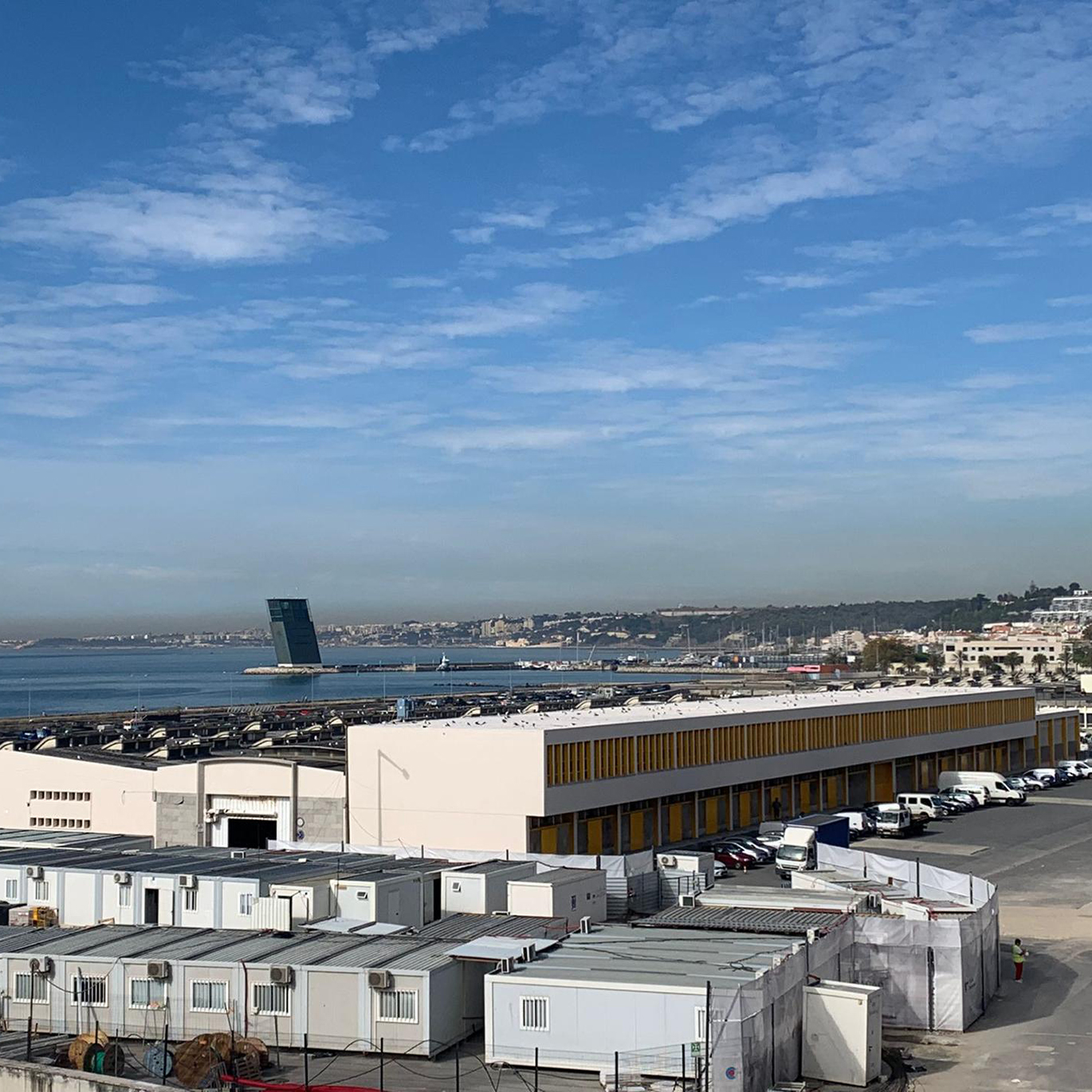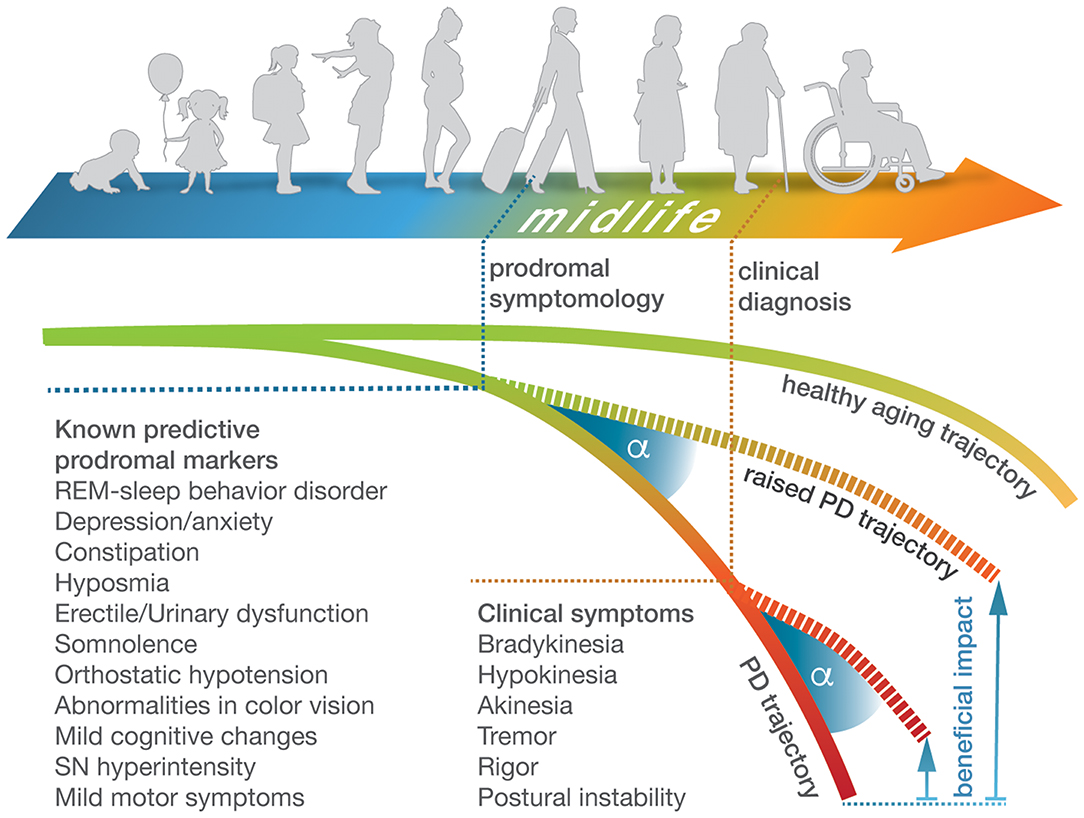Registration to the Webtechnology Workshop is open
07.02.23
We are still polishing the specifics but registration is now open. The workshop will take place just after FENS regional meeting in Albufeira (Algarve, Portugal).
See its dedicated page for more information!
JPND battery is up and running
20.01.23
The battery of cognitive tasks that we developed for the consortium CONTROL-PD funded by the EU
Joint Program for Neurodegenerative Diseases is online!
We are still in the process of translating instructions for all the partners (our participants
will speak English, French, German, Dutch and Hebrew!) and of piloting the battery to optimize its
duration, but your can have a look at it already.
Agreement of principle with the Champalimaud Foundation
15.12.22
RobustCircuit shall join the new building of the Champalimaud Foundation once it has been refurbished. This building will be part of the Ocean Campus and it will be dedicated to making progress at the intersection of AI, VR computer vision, neuroscience and digital therapeutics.

Currently, it is home to a series of amazing art-science events called Metamersion. Stay tuned if you are in Lisbon or around!
The consortium CONTROL-PD has officially started!
01.06.22
RobustCircuit is meeting on a regular basis with clinical neuroscientists from 6 different countries (The Netherlands, France, Germany, Israel, Canada, Australia) to design, administer and analyze cognitive tasks probing the cognitive propagation of non-motor symptoms in Parkinson disease. Many challenges await us. How to coordinate and standardize data acquisition across centers? How to integrate existing multimodal datasets (imaging, genetics, clinical assessments) with the behavioral data generated by cognitive phenotyping app? Which computational models and statistical methods are the most relevant for our hypotheses? Exciting times!

RobustCircuit will be a full partner in the CONTROL-PD consortium
10.10.21
We will be collaborating with neurologists and cognitive neuroscientists around the globe to develop a compact battery of cognitive tasks to characterize cognitive phenotypes in several cohorts of individuals at risk for Parkinson's Disease (PD) and early stage patients. We have just learned that our consortium has been selected for funding! RobustCircuit will receive 110k€ to develop the infrastructure required to test patients in all countries, either online or offline!
Our goal will be to better understand the trajectories of affective, cognitive and motor symptoms, with a focus on early stage and at risk patients.

Robust Circuit in Exame Informática
20.10.21
Robust Circuit in Exame Informática!
RobustCircuit was highlighted in the Portuguese technology magazine Exame Informática (n305, p58), alongside 10 other start-ups.
We gave a brief interview about the prototype which won the Roche Innovation prize to explain why it is important to anticipate risks
of choking and aspiration pneumonia in neurological disorders and how a headset device could address this challenge!
An Innovation prize awarded to Robust Circuit
15.10.21
RobustCircuit won the 3rd prize of the acceleration and open innovation competition Building Tomorrow Together organized by the pharmaceutical company Roche. Out of the 52 participant projects, 10 finalist teams were selected to attend a bootcamp for developing their ideas into a product, with a clearly defined business case. The last stage of the competition was a pitch to a judging panel comprising of neurologists, engineers, Roche representatives and journalists. RobustCircuit presented their first prototype, the Neuro-Headset, which obtained the 3rd prize of 10 000€ to continue to develop their work.

With the tracking and analysis of a combination of novel metrics, wearable technology can help identify biomarkers and significantly improve health outcomes by contributing to better diagnosis and personalized treatments.
Our concept consisted in a small head-set capable of measuring head-motion and to record voice
using both conventional and conduction microphone. We also explore the possibility of
measuring heartbeat in this area of the head. However, the main purpose of this device was to
measure with high accuracy swallowing and coughing sounds involved in chocking and aspiration
pneumonia, as well as voice which is known to be an early biomarker of PD and other
neurodegenerative diseases.
See our winning presentation below.
PS we are still eager to develop such a wearable solution to monitor symptoms in neurological disorders. However given the costs and duration of such project, this project will really take off after our next fundraising campaign.